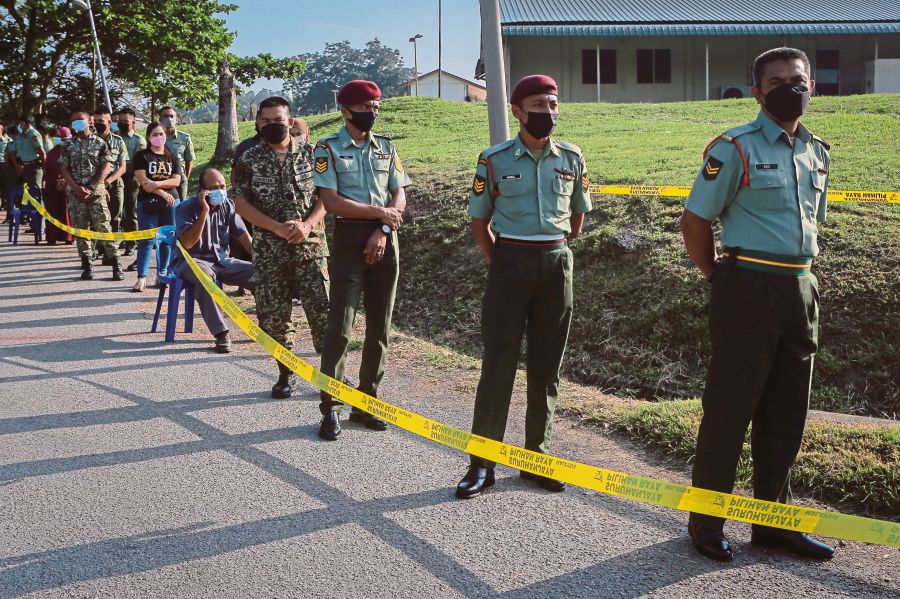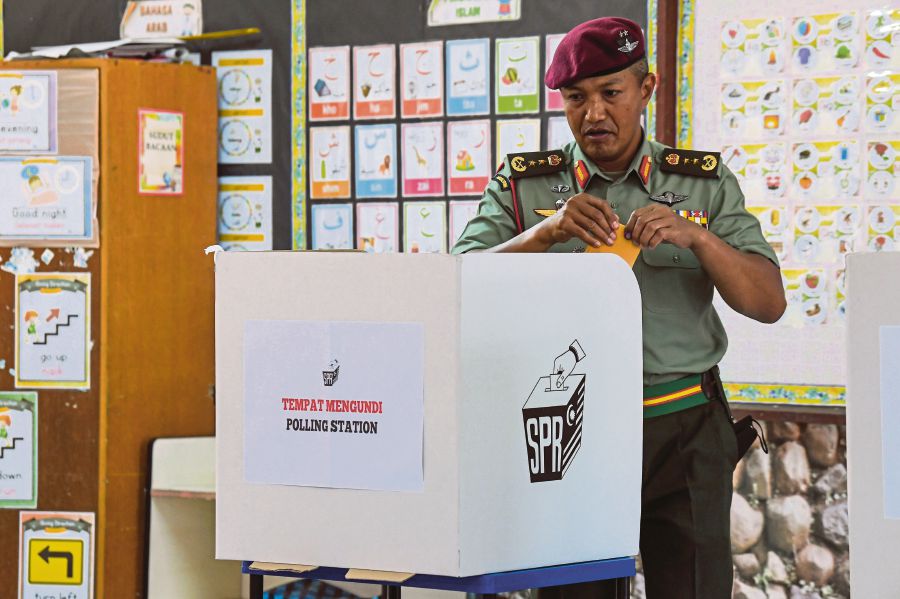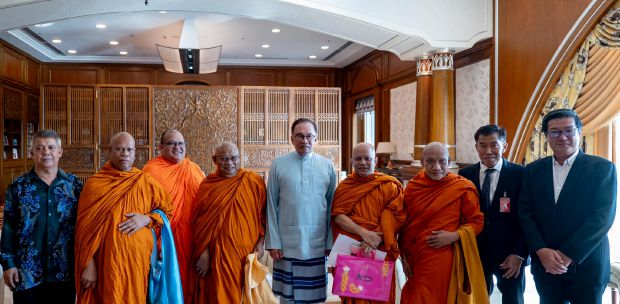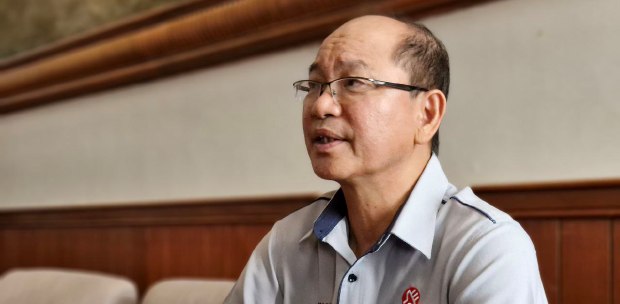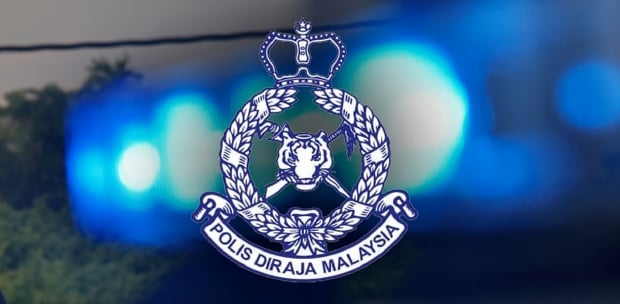Early voting in Melaka started with a hiccup when a senior army commander at the Terendak camp and the Election Commission cited different numbers of personnel registered to vote at the seven polling stations in the military base
The difference was jarring. Major General Datuk Tengku Muhammad Fauzi Tengku Ibrahim, the commander of the 3rd Division based in Terendak, was quoted as saying there were 10,191 voters, including spouses of personnel, while the EC said there were 9,217.
It was learnt from sources that the army had indeed listed 10,191 voters — 7,317 personnel, 2,039 spouses and 835 inactive personnel — but the EC was adamant that its figures were correct, raising the eyebrows of several observers.
When contacted, an EC spokesman said Tengku Mohammad Fauzi had used an outdated figure which did not specify the categories of postal voters.
The spokesman said the inconsistency could lead to accusations of phantom voters and needed to be clarified.
"This is to allay concerns about phantom voters. The commander used an outdated figure which described a physical turnout of 10,191 voters. However, we (EC) have updated the number to 9,217.
"The difference of 974 is the number of personnel who could not be at the polling stations physically and would vote by post. I hope this explanation will put the people's worry to rest."
Voting was observed to be in accordance with the tight standard operating procedures (SOP) set by the EC to prevent the spread of Covid-19.
Voters were required to wear face masks, had their temperature checked, practise physical distancing, use hand sanitiser and check in using their MySejahtera app before entering the polling centres.
The SOP also included using a disposable brush to mark with ink the fingers of voters having symptoms, such as a temperature exceeding 37.5°C, cough and runny nose.
When polling stations closed at 5pm, the EC recorded a healthy physical turnout of 89.9 per cent of police and army personnel, as well as their spouses. Some observers said this bode well for a high turnout of civilian voters this Saturday.
Every vote counts as all contesting parties, especially major political blocs Perikatan Nasional, Barisan Nasional and Pakatan Harapan, have been unable to gauge sentiments on the ground.
Early voting is often regarded as a post-election footnote to some, but in a contest devoid of active campaigning, how large the turnout is can often influence the results on polling day.
In the Sungai Udang constituency, where the Terendak camp is located, former chief minister Datuk Seri Idris Haron, who is running on PH's ticket, had a tinge of regret as the huge number of early voters could have benefited him if he had run in his old constituency.
Idris had been directed to stand in Asahan, instead of defending Sungai Udang, which he won with a 2,229-vote majority in 2018.
"Well, you have more than 10,000 army votes there (in Sungai Udang). (But) it was not my call to contest for Asahan. It was the party president's (PH chairman Datuk Seri Anwar Ibrahim) decision.
"He had to answer many questions on why he decided to take me in and I think the reason he put me in Asahan is that he wants PKR to capture Asahan," Idris said.
On whether the army and policemen would continue to conventionally vote for the ruling party or BN, analyst Prof Dr Sivamurugan Pandian said the trend had changed since the 14th general election.
"In those days (when BN was in power), it was very clear that they would support the ruling government. But the trend has changed since GE14. They will not necessarily vote for the current government (BN or BN-led administration).
"The trend is also dependent on whether the interests of these civil servants are taken care of."
Sivamurugan said the significance of early polls would only affect several areas with notable concentrations of army and police voters.
"This depends on the number of registered voters in specific constituencies. It is significant for Sungai Udang and Tanjung Bidara."
The state polls were called following the dissolution of the 28-seat Melaka Legislative Assembly on Oct 4, after four assemblymen withdrew their support for Chief Minister Datuk Seri Sulaiman Md Ali.
Polling day is on Nov 20.


